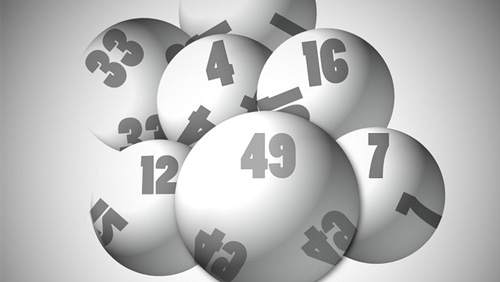A panel comprised of ministers in India who had been tasked with exploring the goods and service tax (GST) levied on lottery operations in the country has finished its research and turned in its results. They recommend that India introduce a uniform tax for all lottery operations and suggest that the rate should be either 18% or 28%. The new tax could become effective as soon as February 24.
 A dual-rate tax system currently exists on lottery products in India. Lottery tickets sold directly by state governments are assessed a 12% GST on their face value, while those offered through private distributors or marketing agents are charged 28% on their face value.
A dual-rate tax system currently exists on lottery products in India. Lottery tickets sold directly by state governments are assessed a 12% GST on their face value, while those offered through private distributors or marketing agents are charged 28% on their face value.
The panel was created by the GST Council and comprised ministers from across the country. These included Maharashtra Finance Minister Sudhir Mugantiwar (chairman); West Bengal Finance Minister Amit Mitra; Kerala Finance Minister Thomas Isaac; Assam Finance Minister Himanta Biswa Sarma; Punjab Finance Minister Manpreet Singh Badal; Goa Panchayat Minister Mauvin Godinho, all of whom were responsible for studying the tax structure on lotteries and evasion of taxes by private entities, as well as other issues.
Subsequent to the submission of the group’s findings, the GST Council attempted to hold a vote on the tax via a video conference. However, as is to be expected from almost all government working groups, there were multiple differences of opinions and a consensus wasn’t found. The meeting was adjourned with no resolution, and a physical meeting of the Council this Sunday could decide the tax’s fate.
The GST was first introduced in 2017 to the lottery industry. Many private companies have argued that the dual rate is unfair and violates the GST Council’s own rules that provide for uniform taxes. There have been a number of protests and a number of the private lottery marketing companies have been forced to close due to what they call “harsh” expenses.
The Finance Minister of Kerala, Thomas Isaac, doesn’t see an issue with the current structure. He has referred to the private lottery companies as nothing more than a “lottery mafia” and is opposed to any change in the tax structure.





